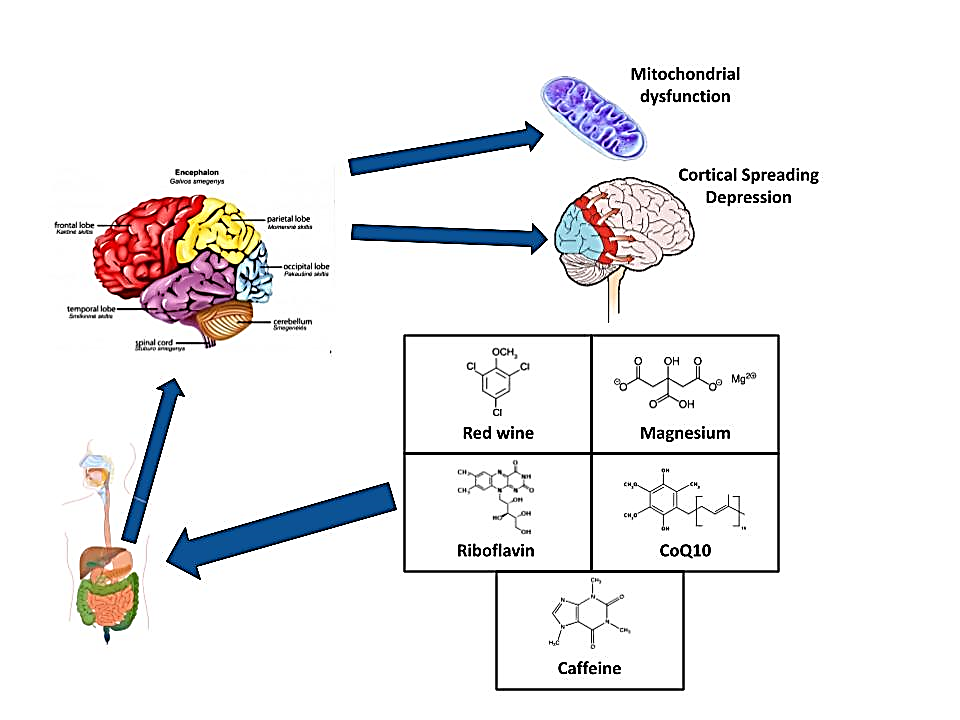Migraine management: a review of healthy diets and bioactive compounds
DOI:
https://doi.org/10.31989/ffs.v3i8.1149Abstract
Migraines are one of the world’s leading disabilities, disproportionally affecting women. Socioeconomic challenges worsen the quality of life for migraine sufferers, many of whom express dissatisfaction with current therapies. Since the vascular theory of migraines has already been disproven, current research investigates neurovascular aspects like cortical spreading depression (CSD) and potentially impaired oxygen metabolism in mitochondria. This review aims to assess the efficacy of bioactive compounds such as red wine, CoQ10, caffeine, magnesium (Mg2+), and riboflavin (B2) in reducing or preventing migraines. A review of current and past literature is used to reach conclusions on these compounds. The goal of researching these compounds is to potentially help decrease cases of excessive medication use or offer complementary options for individuals dissatisfied with their current therapies.
The outcomes of studies regarding red wine are not definitively established, and the ambiguous role of caffeine requires further research on controlled intake and dosage. Compounds such as CoQ10, magnesium, and riboflavin exhibit potential as prophylactic supplements for the reduction of migraine occurrences. Evaluation using the functional food product creation guidelines set by the Functional Food Center has allowed CoQ10, magnesium, and riboflavin to be evaluated up to step 10. Future research should aim to refine the information that remains unresolved from these steps, particularly by addressing factors such as dosage, timing, and frequency of consumption. Additionally, efforts could be directed toward identifying a suitable food vehicle that incorporates all the beneficial bioactive compounds.

Keywords: Migraine; bioactive compounds; functional food; cortical spreading depression; CoQ10; red wine; caffeine; magnesium; IgG-based elimination diet; dietary approaches to stop hypertension (DASH)
Downloads
Published
Issue
Section
License
Copyright (c) 2023 FFS/Functional Food Science

This work is licensed under a Creative Commons Attribution-NonCommercial 4.0 International License.
Authors retain the copyright of their articles and grant the Functional Food Center (FFC) and its journals the right of first publication under the terms of the Creative Commons Attribution 4.0 International License.
This license permits unrestricted use, distribution, and reproduction in any medium, including commercial use, provided the original author(s) and source are properly credited. Authors may post and share their published work freely, provided that the original publication in this journal is acknowledged.
By submitting to this journal, authors confirm that their manuscripts are original, not under consideration elsewhere, and that they hold the necessary rights to grant this license. The Functional Food Center encourages open scientific exchange and allows derivative and extended works, provided attribution to the original publication is maintained.